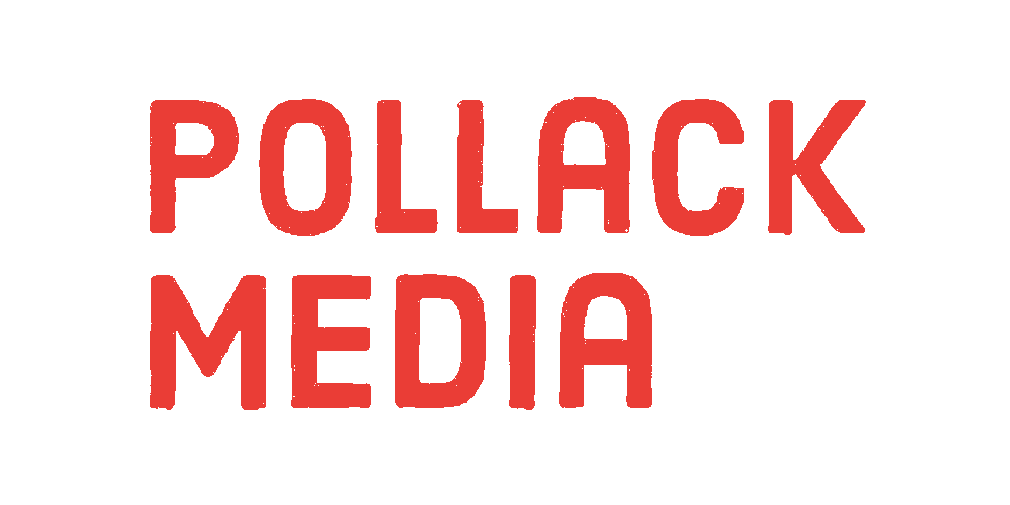The FCC on the federal side and a public-private combination of Google and various local governments on the local side are making moves to advance the cause of net neutrality, giving consumers guarantees that all Internet traffic will be treated equally.
?
The FCC is trying to thread the needle on net neutrality, after the US Court of Appeals threw out the FCC’s existing rules a few weeks ago. The Court left the FCC with 2 options: drafting new rules, or reclassifying ISPs as common carrier telecommunications companies, making them subject to regulation like public utility companies are.
?
This week, FCC Chairman, Tom Wheeler, announced this week that he will pursue the former track, rewriting the rules, while retaining the option to reclassify the ISPs at some point in the future. Wheeler will work on drafting new net neutrality rules that conform to the Court of Appeals decision, but there’s no guarantee that they’ll be able to come up with rules with real impact.
Reclassifying would be the most direct route to guaranteeing net neutrality, but it’s politically difficult. The ISPs don’t want to be regulated to that degree, and they spend millions on lobbying and campaign contributions to see that it stays that way.
?
Meanwhile, partnerships between Google and local governments may have another solution. Google announced plans to expand its Google Fiber network, which will deliver Internet download speeds of up to 100 times faster than most services. The Google Fiber service is already live in Kansas City, Mo. and Provo, Utah, and Google is currently building one in Austin.
?
The real significance of Google’s involvement is that existing ISPs have largely stopped installing new fiber optic services around the country, leaving the US behind many other countries in access to the fastest high-speed systems. Having alternatives to the existing ISPs –and much faster alternatives at that – makes it much easier to protect the public’s interests.
?
Google is talking about building and operating new systems in 33 more cities, including Atlanta, Phoenix, San Antonio, Salt Lake City, Nashville, Durham, N.C.; Portland, Ore.; Charlotte, N.C.; and others. “Many of these cities,” the announcement said, “asked for Google Fiber in 2010 and have since continued to try to bring better Internet access to their residents.”
– Pat Welsh

